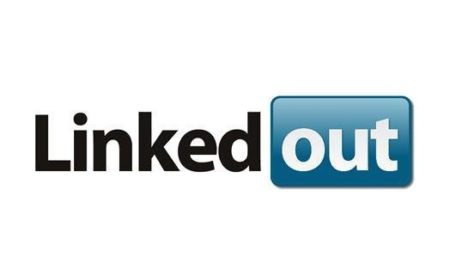LinkedIn has a lot of haters these days. Why? According to critics, it combines the worst features of Facebook (lack of privacy, mindless chatter) with the worst features of the business world (corporate politics, self-promotion, professional class propriety). To boot, LinkedIn doesn’t even do the things it’s supposed to do, i.e., it usually doesn’t help you network or land a job.
I’ll admit I don’t know exactly what’s wrong with LinkedIn. I just know it sucks and I don’t like using it. Do I still have a LinkedIn account? Yes. Will I get rid of it? Probably not. But I rarely use it, and I don’t expect that to change.
Problems with LinkedIn…
So, yeah. LinkedIn is built on business propriety and various norms of the corporate world. That’s probably the largest underlying problem.
But there’s also the lousy user experience. The sheer amount of spam in one’s inbox. Plus, rather than fight it, LinkedIn seems to actively encourage the inbox spam. It lets companies place sponsored ads directly in your inbox.
On the rare occasion I receive a legit message or contact on the site, it’s nothing more than various ways of inviting me to join the gig economy. Or it’s someone literally asking me to work for free. Why would I need any of that? And if I wanted a social network merely to keep up with old friends, why wouldn’t I use Facebook?
…and Business Networking
Then, of course, there’s the corporate politicking and networking. Corporate politics are embarrassing in person, for sure. But there’s something extra sad about seeing a paper trail for it. I can’t even begin to describe all the times I’ve seen some corporate executive make some asinine or mundane post and then witness an endless stream of middle managers (and even regular white-collar workers at times) praising the ‘genius‘ of those bigshots who might get them promotions or jobs someday.
Look, I get why it happens. There’s nothing special about LinkedIn here. Corporate brown-nosing is a thing just about everywhere in the business world. Maybe LinkedIn even improves the situation by making it more obvious and, hence, up for criticism?
Yeah, maybe. But I’d still rather not see it.
